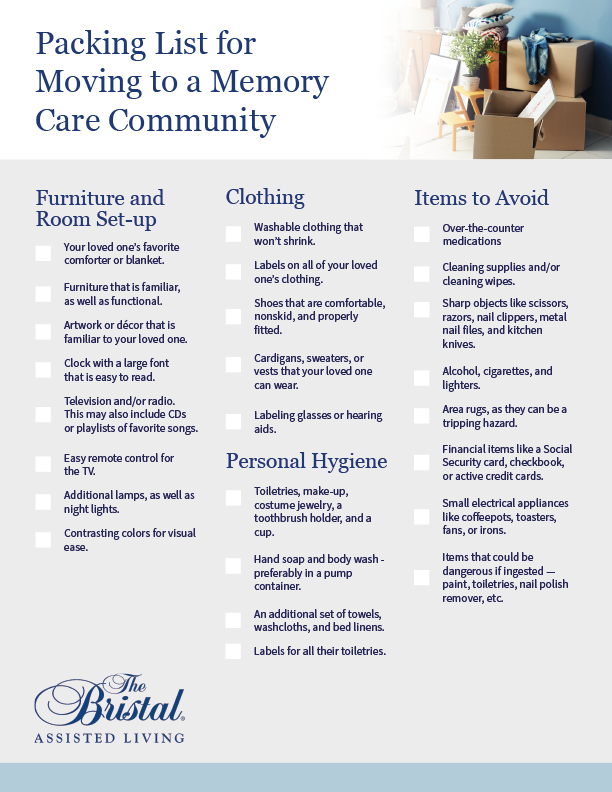Thoughtful Alzheimer's Treatment for Your Enjoyed Ones
Recognizing the psychological and emotional demands of individuals influenced by this condition is critical in improving their top quality of life. As we discover the numerous methods and methods that can change caregiving right into a much more thoughtful experience, it comes to be clear that the journey is as much regarding the caretaker as it is about the individual with Alzheimer's.
Understanding Alzheimer's Disease
Alzheimer's illness is a progressive neurodegenerative disorder that mostly influences cognitive function, leading to memory loss, impaired thinking, and adjustments in habits. It is one of the most usual form of dementia, making up 60-80% of all cases. The illness commonly shows up in people matured 65 and older, although early-onset Alzheimer's can occur in more youthful individuals.
The pathophysiology of Alzheimer's involves the build-up of amyloid plaques and neurofibrillary tangles in the brain, leading to neuronal degeneration and synaptic loss. These changes interfere with communication between mind cells, gradually impairing cognitive capacities and day-to-day functioning. Early signs and symptoms might include difficulty remembering recent events and difficulties in problem-solving, which can rise to disorientation and problem with language.
As the disease breakthroughs, people might display extensive memory deficiencies, complication regarding time and area, and problem recognizing liked ones. Behavior modifications, consisting of withdrawal, stress and anxiety, and frustration, might likewise occur. Understanding the clinical progression of Alzheimer's is critical for caregivers and healthcare carriers, as it educates reliable management approaches and treatments customized to the needs of people influenced by this devastating condition.
The Value of Compassionate Care
Caring care is vital in supporting people with Alzheimer's disease, as it considerably boosts their lifestyle. This approach focuses on the emotional and mental health of clients, fostering an environment that advertises respect, self-respect, and understanding. People with Alzheimer's typically experience stress and anxiety, stress, and complication, which can be alleviated through thoughtful communications.
Empathy in caregiving not just aids in identifying the special needs of each person but likewise enhances the caregiver-patient relationship. When caretakers approach their functions with concern, they develop a secure space where people feel valued and understood, which can reduce behavioral challenges related to the illness. This encouraging atmosphere urges far better interaction and engagement, facilitating a more effective response to the care provided.
Furthermore, compassionate care prolongs beyond the individual; it additionally encompasses support for family members. Caregivers who exercise empathy are a lot more outfitted to attend to the psychological worry faced by enjoyed ones, supplying peace of mind and guidance through a difficult journey. Inevitably, the relevance of compassionate care exists in its capability to change the caregiving experience, bring about boosted outcomes for both people with Alzheimer's and their family members.
Practical Caregiving Strategies
Reliable caregiving for individuals with Alzheimer's condition calls for sensible approaches that resolve the special difficulties posed by the problem. Among the primary approaches is developing a consistent day-to-day routine, which can offer framework and experience, lowering stress and anxiety for both the caretaker and the individual. Caregivers need to likewise streamline jobs by breaking them down right into smaller, workable actions, thus boosting the individual's sense of success and decreasing disappointment.
Interaction is another crucial facet; caretakers should make use of clear, simple language and maintain eye call to foster understanding. Using visual signs, such as labels or pictures, can further assist understanding and navigation in the environment.
Security is extremely important. Adjusting the home to remove threats-- such as mounting or securing rugs grab bars-- can help avoid accidents. Additionally, caregivers ought to urge independence by enabling people to index take part in familiar activities, which can strengthen self-confidence and advertise well-being.
Emotional Assistance Methods
Emotional wellness is a vital component of look after people with Alzheimer's disease, as it straight influences their lifestyle. Alzheimers Care Charlotte. Providing emotional assistance methods can significantly enhance their everyday experiences and cultivate a complacency and belonging
One effective method is energetic listening, which entails offering full interest to the person, recognizing their sensations, and responding with empathy. This method aids the individual feel valued and understood, reducing feelings of seclusion or aggravation. In addition, utilizing recognition therapy can be valuable; as opposed to correcting misunderstandings, caregivers can affirm the individual's experiences and emotions, promoting a calming atmosphere.
Taking part in memory therapy is an additional effective approach, permitting individuals to share tales, feelings, and memories connected with their past. This not only stimulates cognitive function however likewise enhances psychological links. Incorporating acquainted songs or art can likewise stimulate favorable emotions and spark joyous interactions.
Furthermore, ensuring normal physical touch, such as holding hands or mild hugs, can give convenience and confidence, strengthening emotional bonds. These techniques, when constantly used, can produce a nurturing atmosphere that sustains the emotional health and wellness of individuals with Alzheimer's, boosting their total wellness.
Creating a Supportive Setting

First of all, consider the physical format of the space. Clutter-free areas, familiar furniture plans, and distinct pathways check my source can decrease complication and promote mobility. Making use of calming colors and ample lights can further enhance the atmosphere, making it much more welcoming and less daunting.
Secondly, consistency is important. Keeping a predictable daily routine aids people with Alzheimer's feeling much more secure. Acquainted activities, routine dish times, and set up social interactions can dramatically minimize stress and anxiety and disorientation.
Furthermore, sensory aspects play a crucial duty. Including familiar fragrances, music, and tactile things can stimulate positive memories and promote interaction. Customizing the area with treasured photographs and meaningful things can additionally cultivate a sense of identity.
Verdict
Compassionate Alzheimer's treatment significantly boosts the lifestyle for people impacted by this progressive disease. By prioritizing emotional health and implementing reliable caregiving techniques, caregivers can promote an atmosphere that advertises dignity and belonging. Methods such as active listening and developing constant routines offer to reduce anxiety while strengthening the caregiver-patient connection. Eventually, this approach not only supplies essential comfort and support yet additionally encourages individuals to navigate the intricacies of Alzheimer's with self-respect and poise.
As we check out the numerous methods and techniques that can change caregiving right into a more thoughtful experience, it ends up being clear that the journey is as much about the caregiver as it is about the specific with Alzheimer's.

Compassionate care is vital in supporting people with Alzheimer's disease, as it considerably enhances their quality of life - Alzheimers Care Charlotte. Eventually, the value of thoughtful treatment exists in its capacity to change the caregiving experience, leading to boosted end results for both people with Alzheimer's and their family members
Thoughtful Alzheimer's treatment considerably enhances the quality of life useful site for people impacted by this progressive condition.
 Rider Strong Then & Now!
Rider Strong Then & Now! Richard "Little Hercules" Sandrak Then & Now!
Richard "Little Hercules" Sandrak Then & Now! Robert Downey Jr. Then & Now!
Robert Downey Jr. Then & Now! Shannon Elizabeth Then & Now!
Shannon Elizabeth Then & Now! Samantha Fox Then & Now!
Samantha Fox Then & Now!